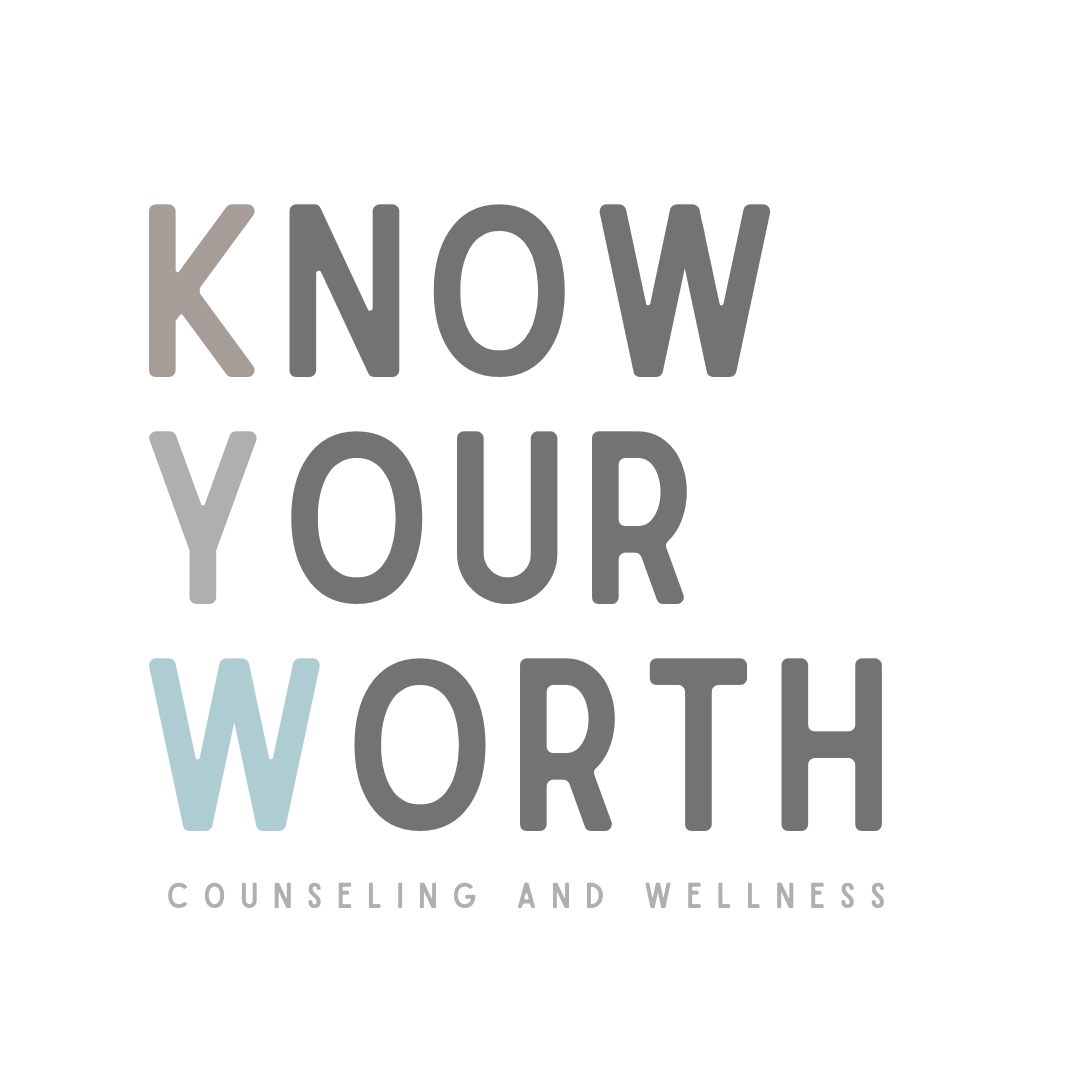How Individual Counseling Can Help You Build Self-Worth and Confidence?
We all face moments of self-doubt, but when low self-esteem becomes part of your daily life, it can affect your relationships, work, and overall well-being. It’s easy to doubt yourself when life feels heavy, when you’re constantly second-guessing your choices, comparing yourself to others, or brushing off your own needs. Confidence doesn’t always come naturally, and self-worth can feel out of reach when you’ve spent years putting yourself last.
In this blog, we’ll explore how individual counseling can help you build self-worth and boost confidence from the inside out. Start showing up for yourself in a whole new way.
Understanding the Roots of Low Self-Worth and Confidence
Low self-worth usually doesn’t start in adulthood. It often stems from childhood experiences, past relationships, or years of self-criticism. Maybe someone made you feel small. Maybe you were always expected to be perfect. Over time, that inner voice starts repeating the same lines: “You’re not enough,” “You’ll mess it up,” or “Why bother?”
Those thoughts become habits. And they can affect how you show up at work, in relationships, and even how you talk to yourself.
Individual counseling helps you understand yourself by making space to pause and look at those patterns. It’s not about blaming the past. It’s about recognizing why you feel the way you do and deciding how to grow from it.
How Individual Counseling Helps You Rebuild from the Inside Out
Individual counseling helps boost self-worth and confidence by addressing insecurities, replacing negative thoughts, and building healthier coping skills.
Here's how individual counseling can help:
Get to the Root of What’s Really Going
Exploring Self-Perception: Counseling gives you space to talk about how you see yourself. You’ll look at the thoughts that keep holding you back and where those beliefs started.
Uncovering Unmet Needs: Sometimes we feel low because something important has been missing for a long time: validation, connection, or support. Therapy can help you identify those gaps.
Challenging Negative Thoughts: You’ll learn how to notice the voice in your head that’s constantly criticizing you and how to start talking back with something kinder and realistic, especially as you work on understanding trauma and how it affects your self-talk.
Develop Coping Mechanisms to Handle Tough Moments
Emotional Regulation: When you know how to manage tough feelings, it’s easier to feel in control. Individual therapy helps you learn ways to deal with frustration, sadness, and anxiety without feeling overwhelmed.
Stress Management: With techniques like mindfulness or grounding, you can start calming your nervous system and stop letting stress dictate your self-worth.
Assertiveness Skills: Being able to express your thoughts and needs without guilt or fear can be a significant boost to your self-esteem.
Start Seeing Yourself in a Better Light
Self-Compassion: A licensed professional counselor helps you practice being kinder to yourself. Instead of beating yourself up, you’ll start recognizing that you deserve care, too.
Recognizing Strengths: You’ll begin noticing what you’re actually good at, not just your flaws. That simple shift can boost your confidence and sense of self-care.
Goal Setting: Small wins matter. Counseling can help you set goals that feel doable and keep you motivated as you hit them.
Feel More in Charge of Your Life
Increased Self-Trust: The more you understand and trust yourself, the more confident you’ll feel making choices that align with what you want. Therapy gives you the tools to find your footing, especially when life feels uncertain or overwhelming.
Positive Self-Talk: The way you speak to yourself matters. Therapy helps you rewrite the script from "I can't" to "I'm learning."
Improved Relationships: When you feel more confident, your connections improve, too. You stop settling for less and start showing up more honestly.
What Self-Worth and Confidence Really Mean
Self-worth is how you see yourself, your value, your right to take up space, and your belief that you're enough. Confidence is how you carry that belief into action. You can be great at something but still feel like you're not good enough. Or you might act confident but feel like you're faking it. Sound familiar?
Low self-esteem can manifest in subtle ways: constantly comparing yourself, brushing off compliments, or avoiding things you truly want. Over time, it can affect your relationships, your job, and your mental health. That’s why building both self-worth and confidence matters more than people realize.
Start Believing in Yourself Again Through Individual Counseling
At Know Your Worth Counseling, we believe real confidence starts with healing from within. Our individual counseling sessions help you quiet self-doubt, rebuild self-worth, and feel more in control of your life.
Schedule a session today and take the first step toward a more empowered you.
Final Thoughts
If you’ve been feeling stuck in self-doubt or tired of pretending to be okay, individual counseling can be the support you didn’t know you needed. It’s not about fixing you, it’s about helping you see that you were never broken in the first place. You deserve to feel confident in your own skin. You deserve to know your worth. And it’s okay to ask for help to get there.
FAQs
What exactly happens in counseling?
It’s a conversation. You talk, your counselor listens, asks questions, and helps you understand your thoughts and feelings better.
What if I don’t know what to say in therapy?
That’s completely normal. A good therapist will help guide the conversation. You don’t need to have it all figured out.
Will I have to talk about painful stuff right away?
Only if you’re ready. You can start wherever you feel comfortable.
Is it weird to talk about myself the whole time?
Not at all. That’s the point. This time is all about you, and you deserve that.
Is it weird to talk to a stranger about personal things?
It might feel that way at first, but most people say it becomes one of the safest spaces they’ve had.
How do I know if a therapist is the one I need?
You’ll usually get a feel for it within the first few sessions. You should feel safe, respected, and like they’re really listening. If not, it’s okay to try someone else.




